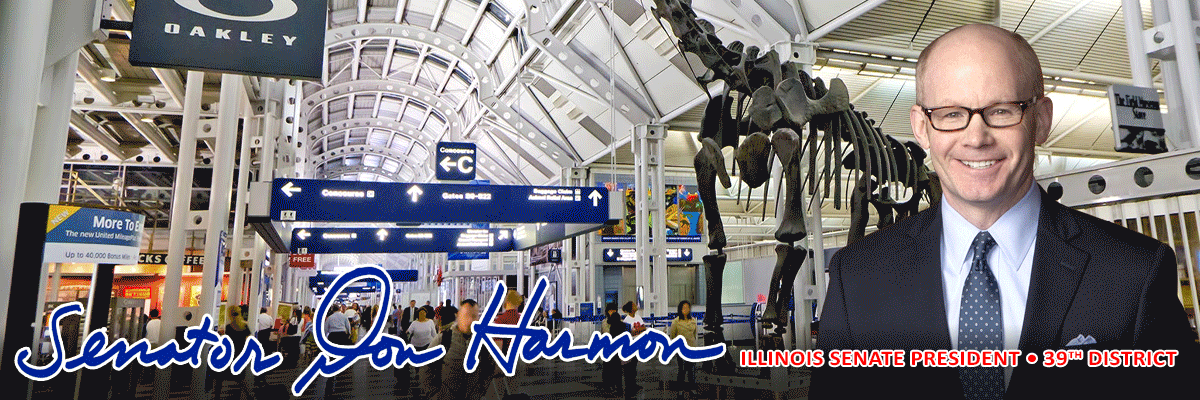- Details
- Category: News
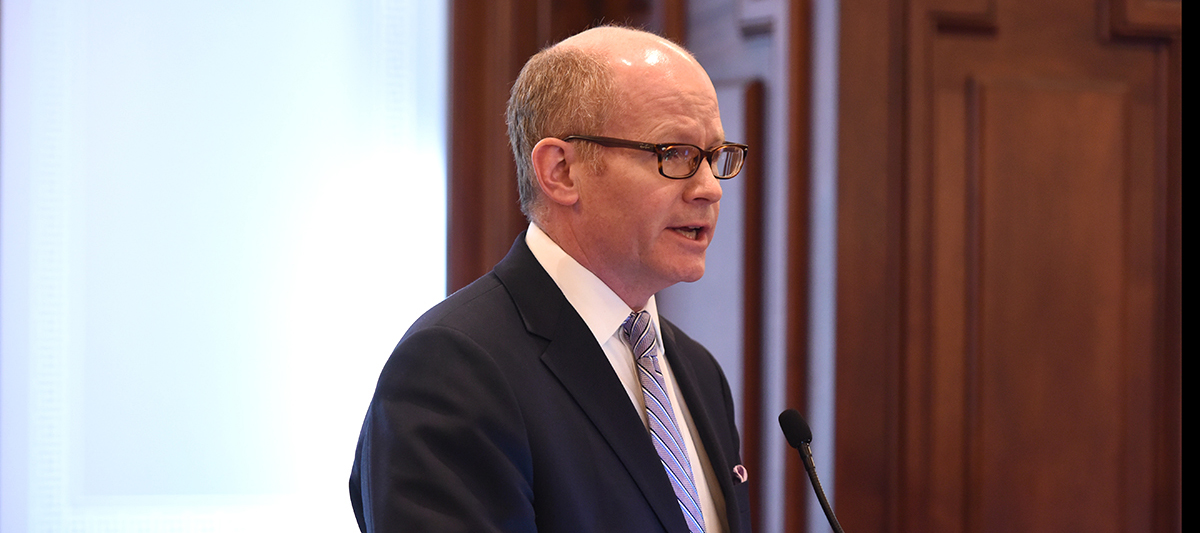
SPRINGFIELD — Senate President Don Harmon D-Oak Park, issued the following statement after the Senate voted to pass a balanced budget that pays down debts, invests in education and police, and provides nearly $2 billion in tax relief for Illinoisans:
“This budget continues our practice of responsible budgeting and providing strength through stability. It pays our bills, sets extra aside and provides billions in relief for those who need it the most.
This is a great budget that reflects the needs and priorities of the people of this great state.”
- Details
- Category: News
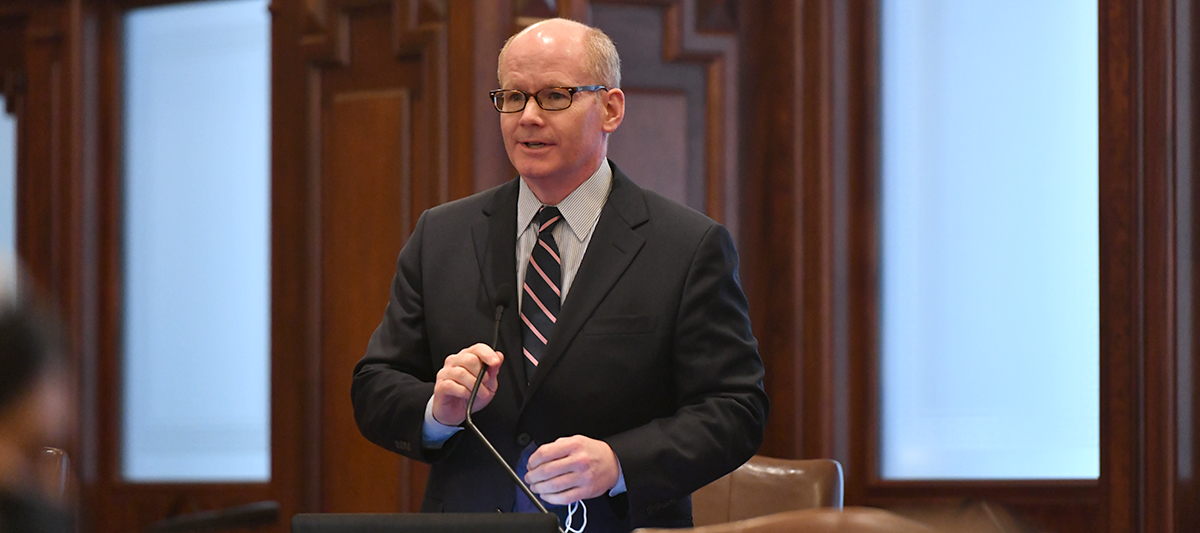
SPRINGFIELD — Illinois Senate President Don Harmon welcomed the latest news of a credit upgrade with the following statement.
“This is further proof we are on the right track in balancing our fiscal realities with the real-world needs of working men and women. We are moving Illinois forward by paying our debts while at the same time investing in education, health care, child care and other key programs people need to get ahead.”
- Details
- Category: Showcase
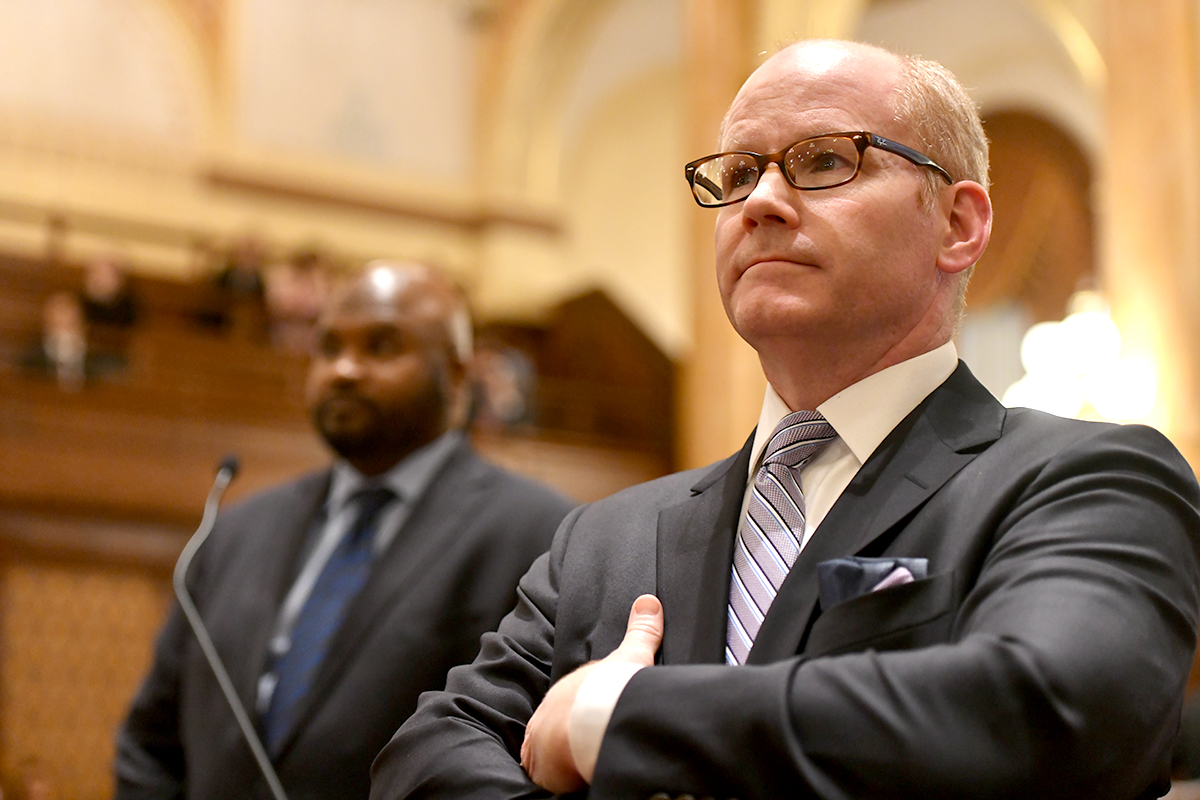
CHICAGO - Senate President Don Harmon (D-Oak Park) released the following statement on reports indicating that the Supreme Court is poised to overturn Roe v. Wade:
“The Supreme Court seems ready to deprive millions of women the right to choose. This is upsetting, but not shocking. It’s why we took so many steps in Illinois to protect this fundamental right.
“The Republican Party continues to disregard the will of the people. This is the most extreme example yet.
“As long as there is a Democratic majority in the Illinois State Senate, women will have their rights protected. We will stand as a bulwark against any efforts to turn back the clock to darker days.”
- Details
- Category: News
Senate President Don Harmon reveals his musical side, sharing some favorite songs and fun anecdotes in this episode of our Sound of the State podcast series.
- Details
- Category: News
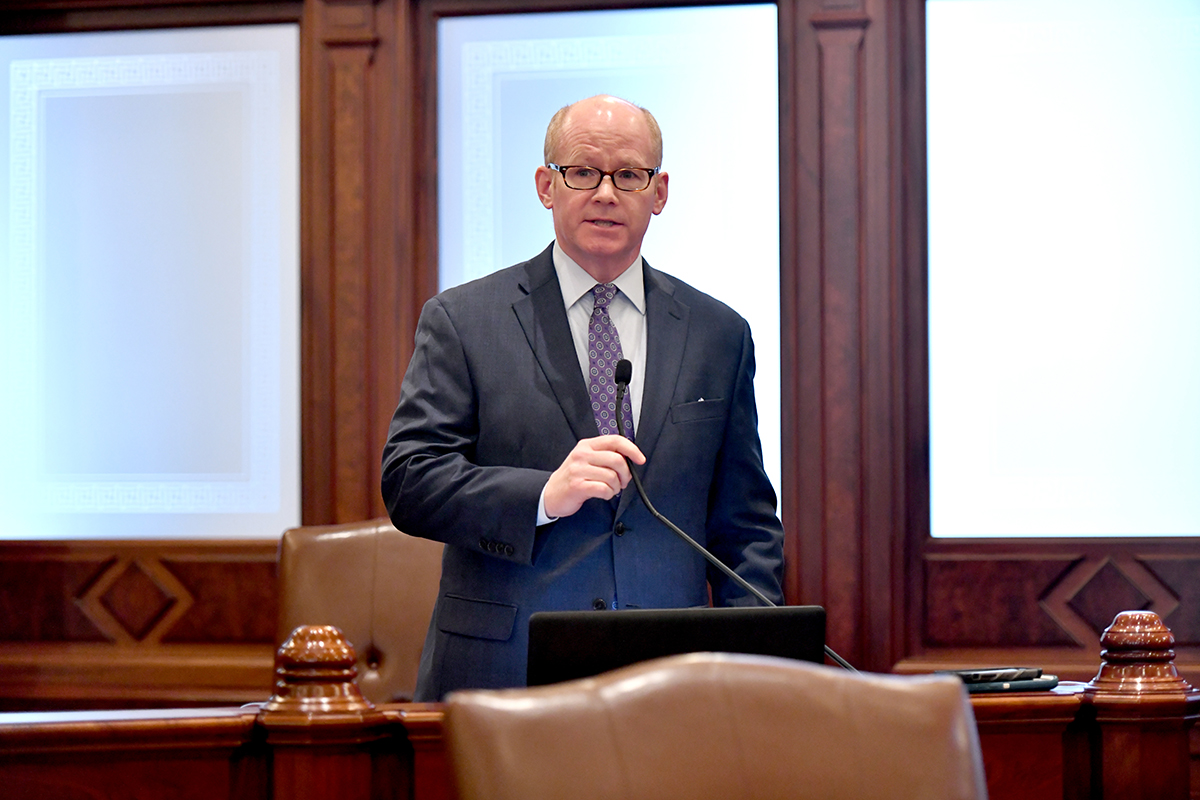
SPRINGFIELD – Senate President Don Harmon (D-Oak Park) issued the following statement after the State Senate advanced a resolution nominating Judge Michael McCuskey to be the new Legislative Inspector General:
“The position of Legislative Inspector General is too important to stay vacant for as long as it has. An impasse is not an option, so we are taking decisive action to move forward with an excellent candidate.
Judge McCuskey has an impeccable record and is widely known as an extremely ethical person. He has a history of working in a bipartisan manner and a distinguished record as a judge. He was nominated for a federal judgeship by Bill Clinton and confirmed by a Republican-controlled U.S Senate and later served 15 years on the Illinois Supreme Court’s Commission on Professionalism.
I am confident he will serve the State of Illinois well.”
